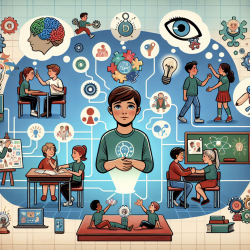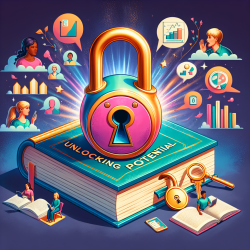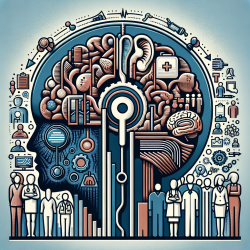As a Special Education Director, you are constantly seeking innovative methods to enhance your students' socio-emotional competencies. A recent study titled Developing Children’s Socio-Emotional Competencies Through Drama Pedagogy Training: An Experimental Study on Theory of Mind and Collaborative Behavior offers groundbreaking insights that could revolutionize your approach.
This study, conducted by Celume, Goldstein, Besançon, and Zenasni (2020), demonstrates the profound impact of Drama Pedagogy Training (DPT) on developing Theory of Mind (ToM) and collaborative behavior in children. The experimental group showed significant improvements in these areas compared to the control group, suggesting that DPT could be a game-changer in special education.
So, how can you implement these findings in your practice? Here are some actionable steps:
- Incorporate Drama Activities: Utilize role-playing, improvisation, and pretend play in your curriculum. These activities help students understand and express emotions, fostering empathy and ToM.
- Create a Safe Space: Establish a supportive environment where students feel comfortable exploring their emotions and collaborating with peers.
- Professional Development: Attend workshops and webinars on DPT to enhance your understanding and skills. Networking with other professionals can also provide valuable insights and support.
- Evaluate and Adapt: Regularly assess the impact of DPT on your students' socio-emotional development and make necessary adjustments to your approach.
Encouraging further research and staying updated with the latest studies can also help you refine your methods. To delve deeper into the original research, please follow this link: Developing Children’s Socio-Emotional Competencies Through Drama Pedagogy Training: An Experimental Study on Theory of Mind and Collaborative Behavior.
By integrating the principles of DPT, you can unlock your students' potential, fostering a more empathetic and collaborative classroom environment.










